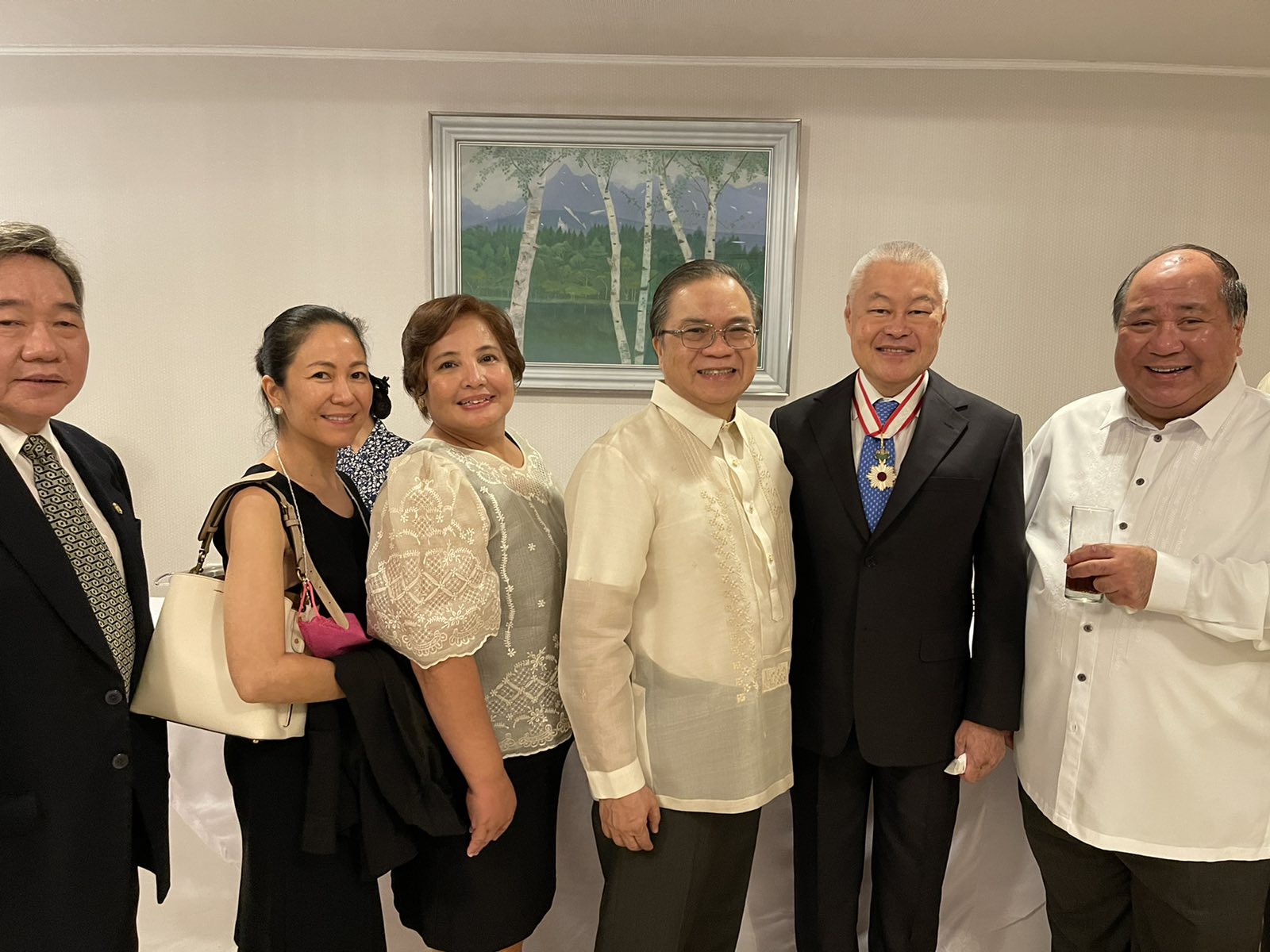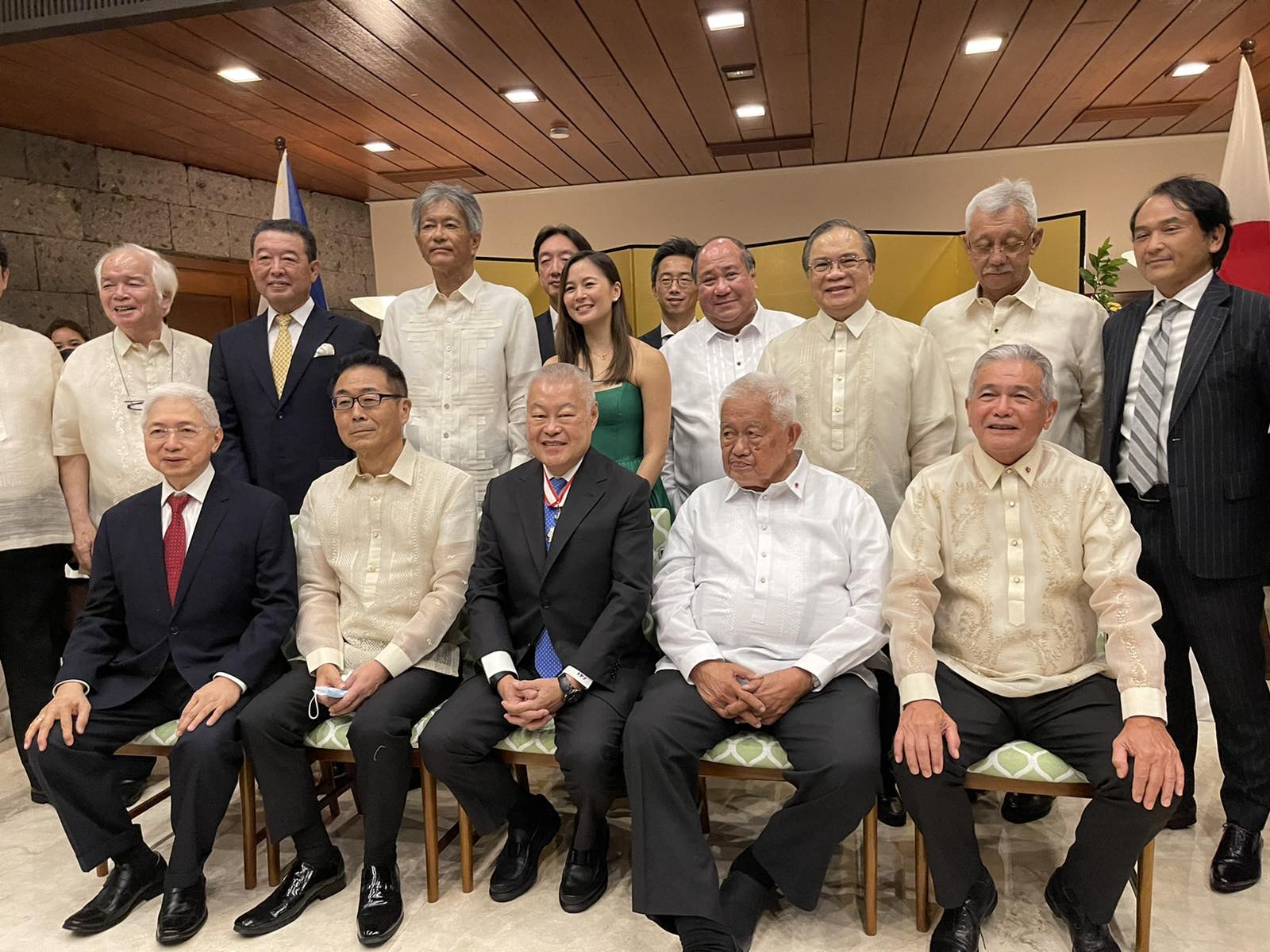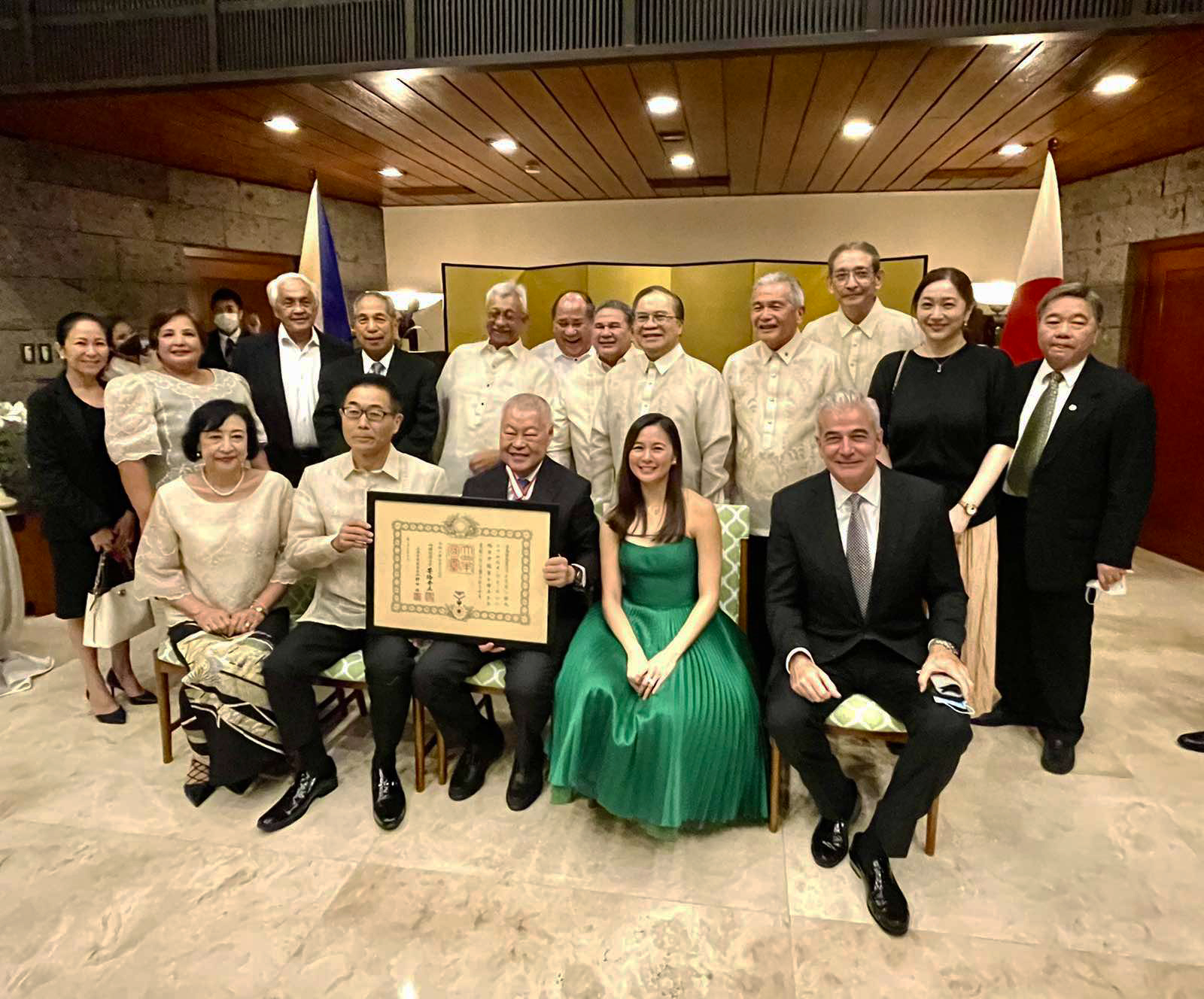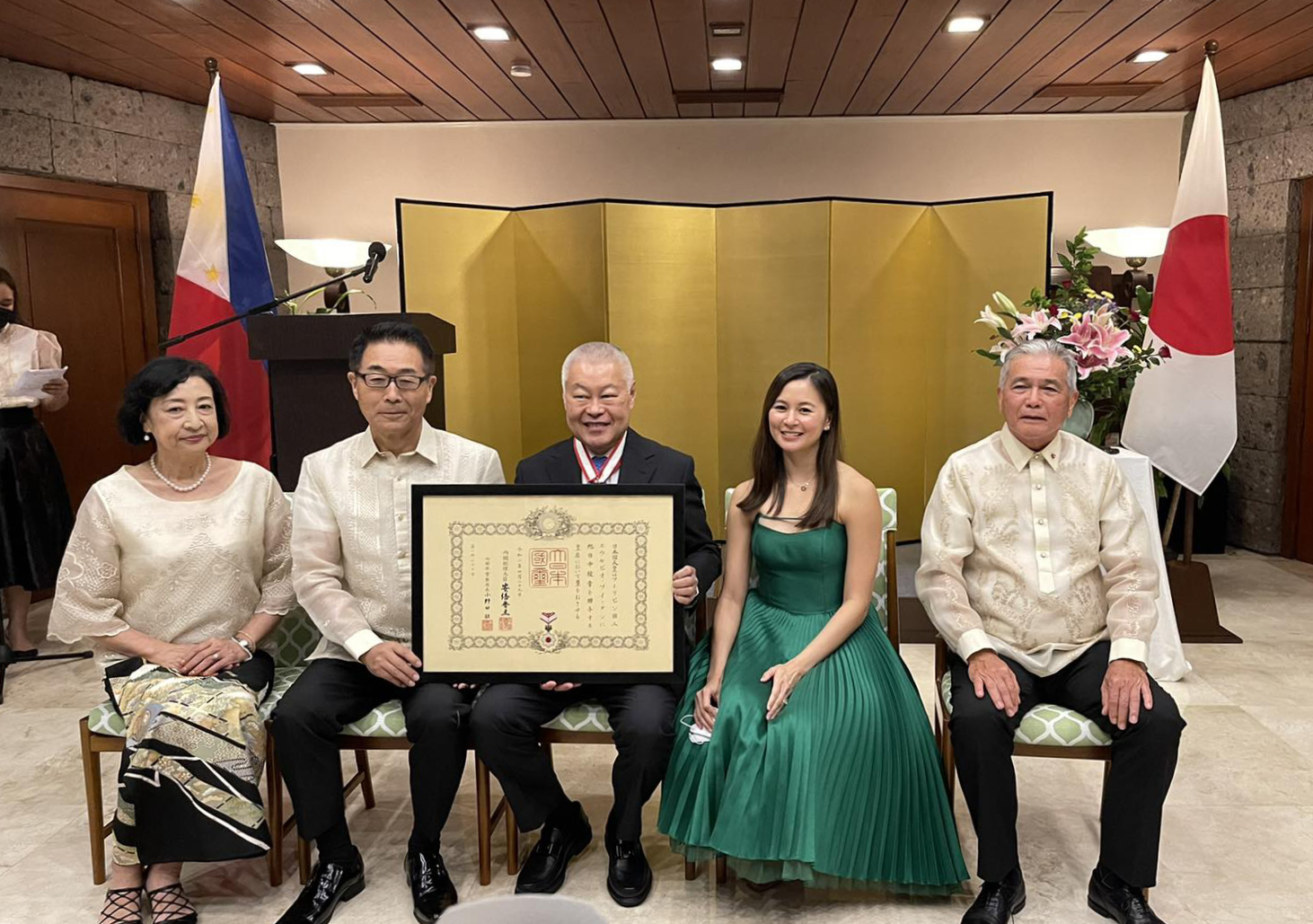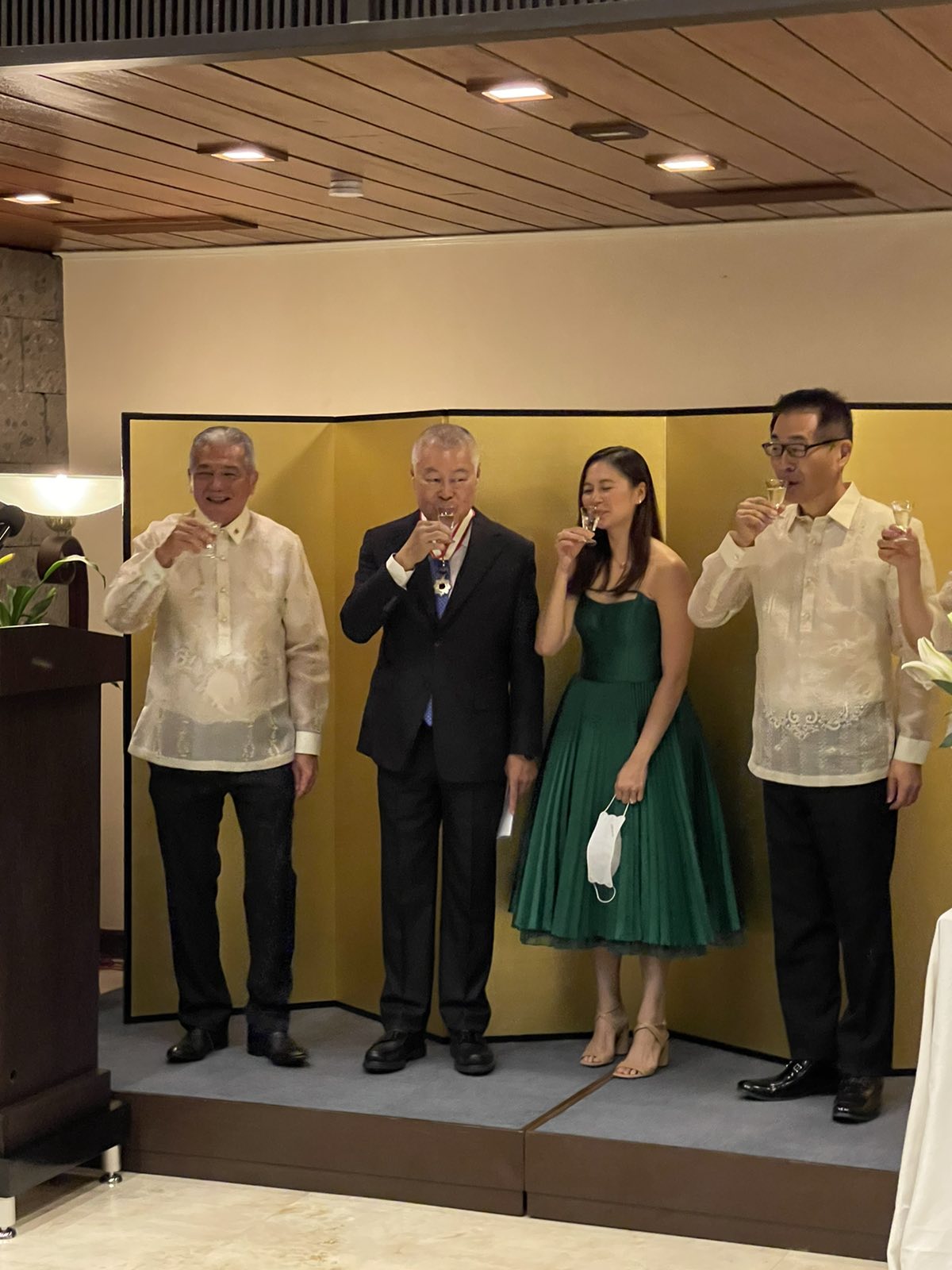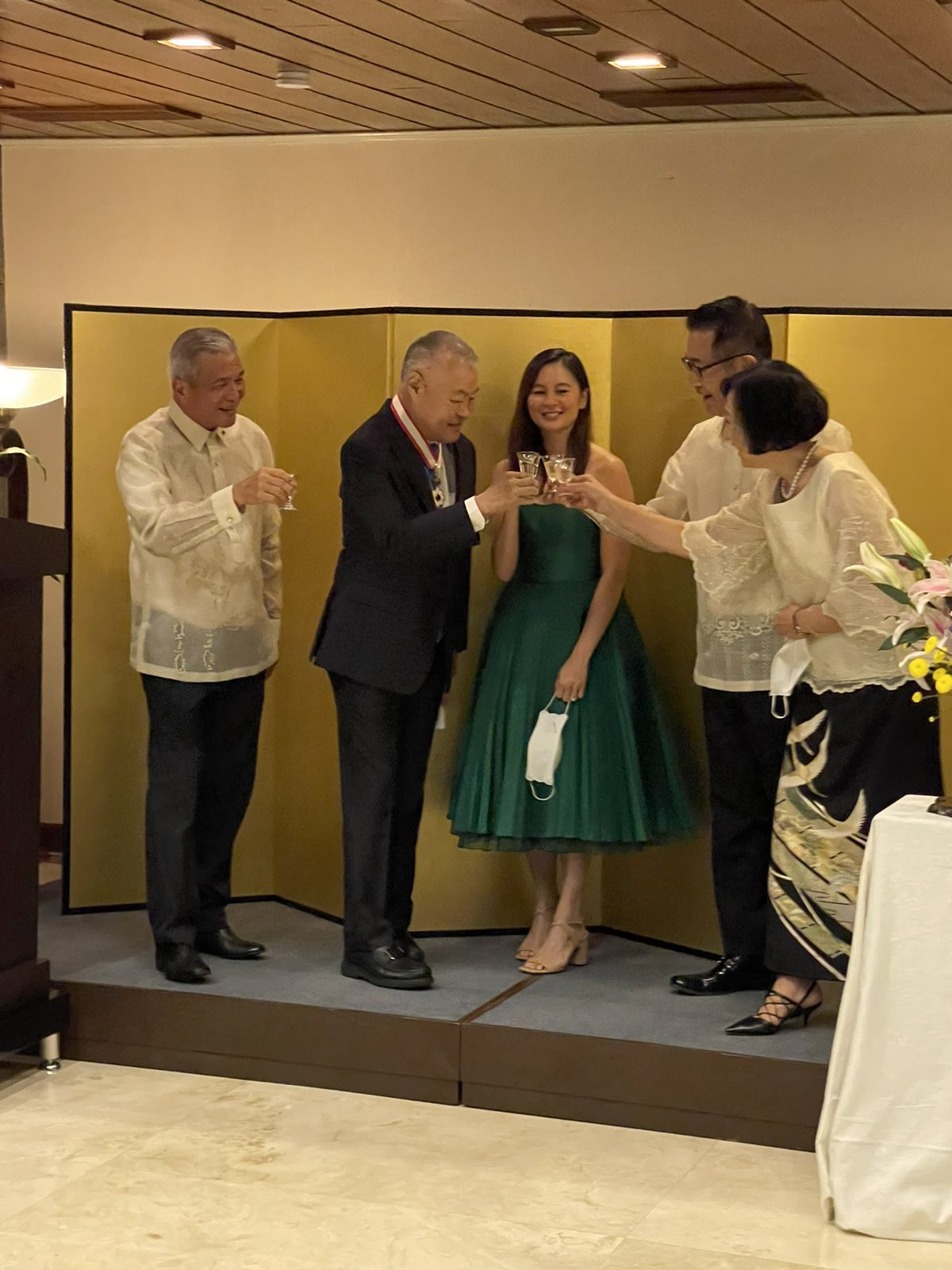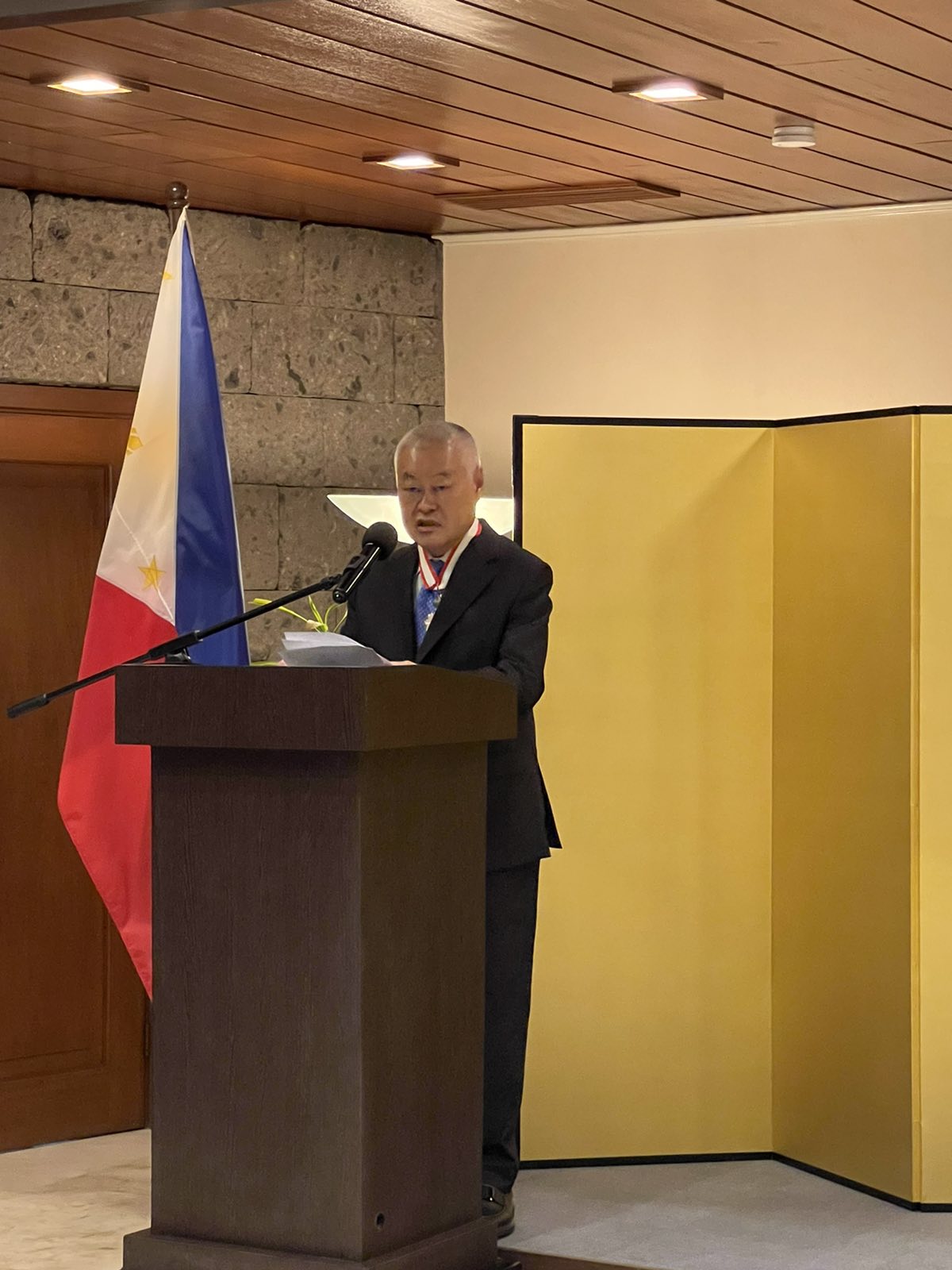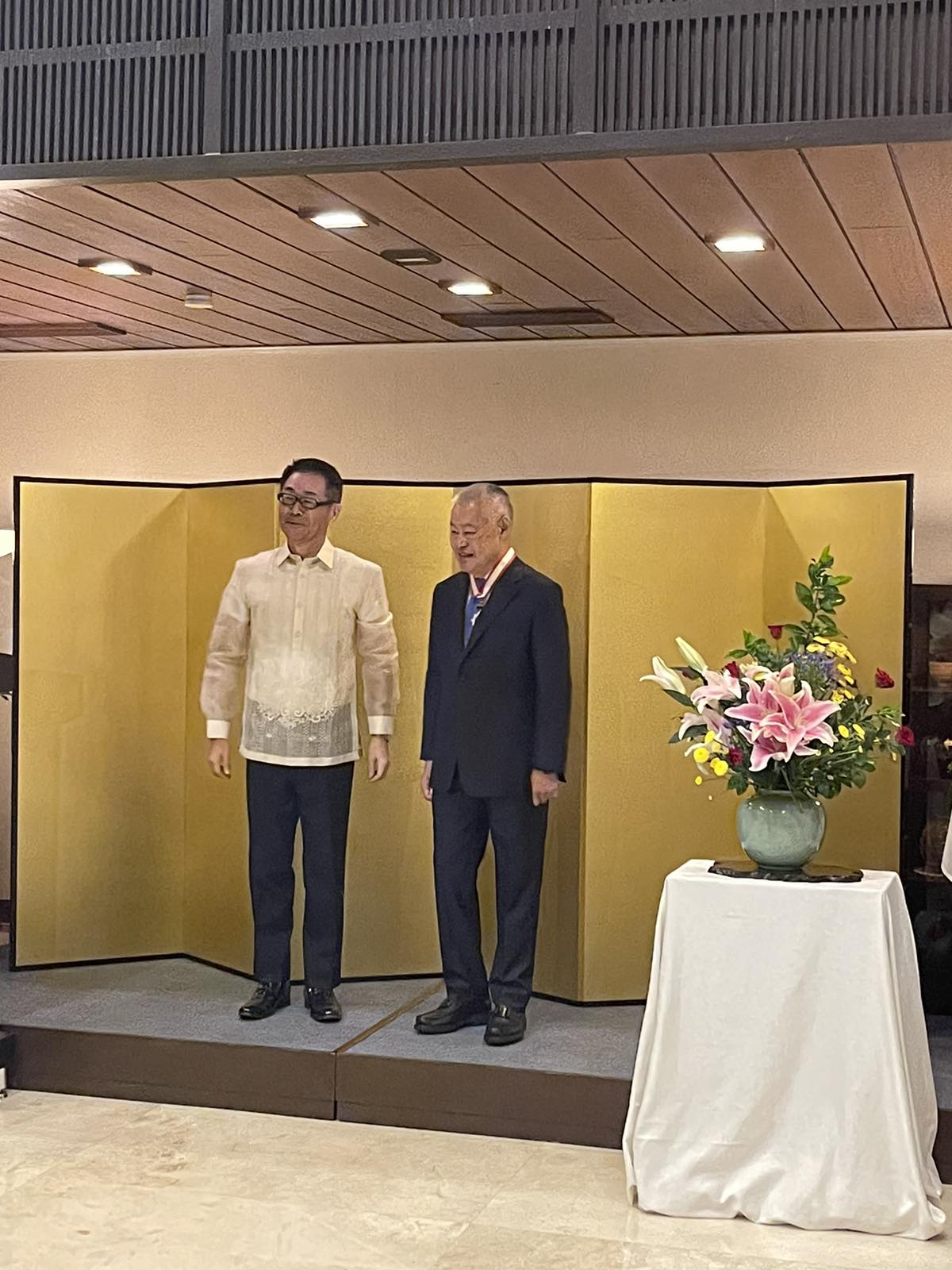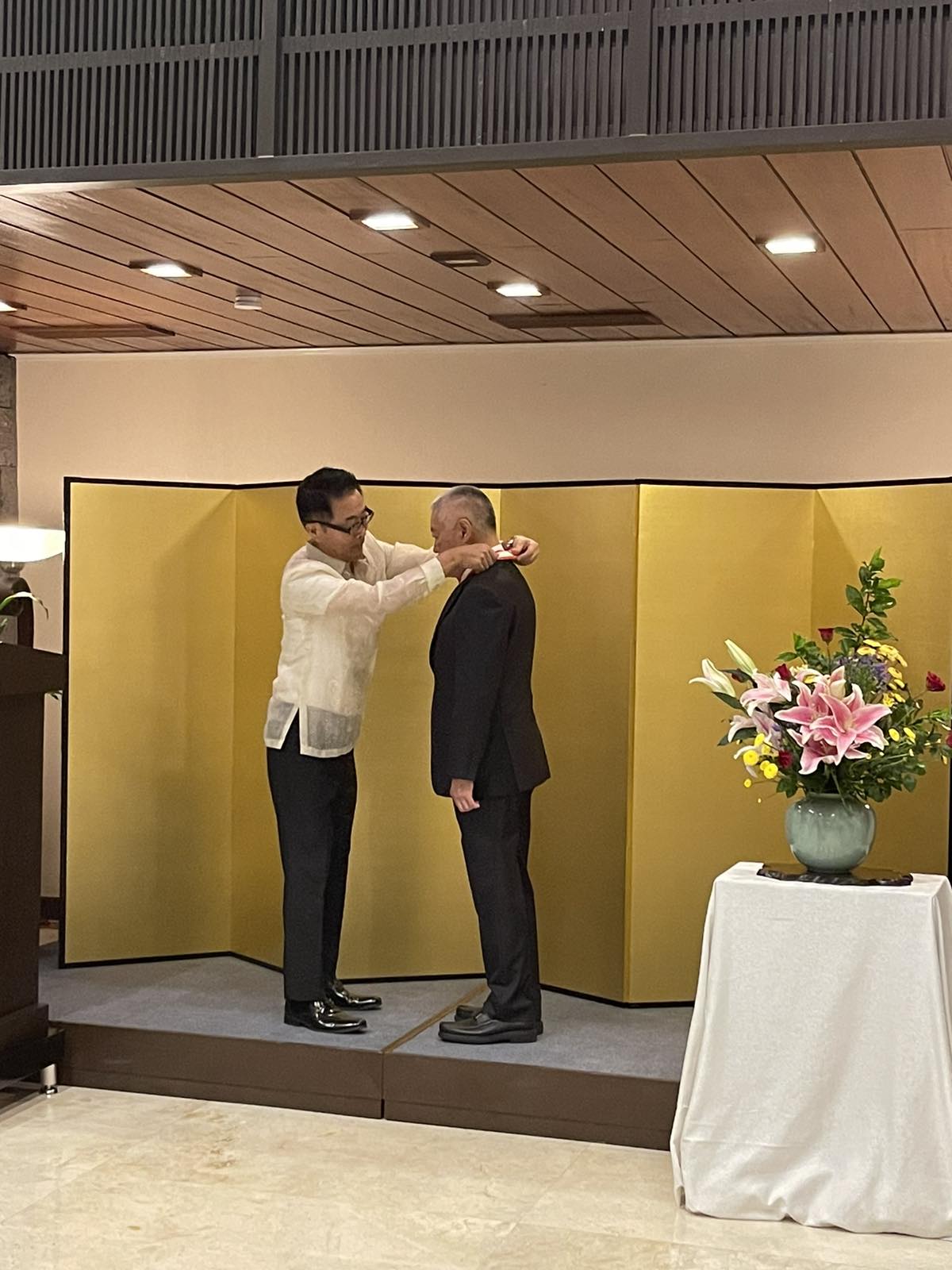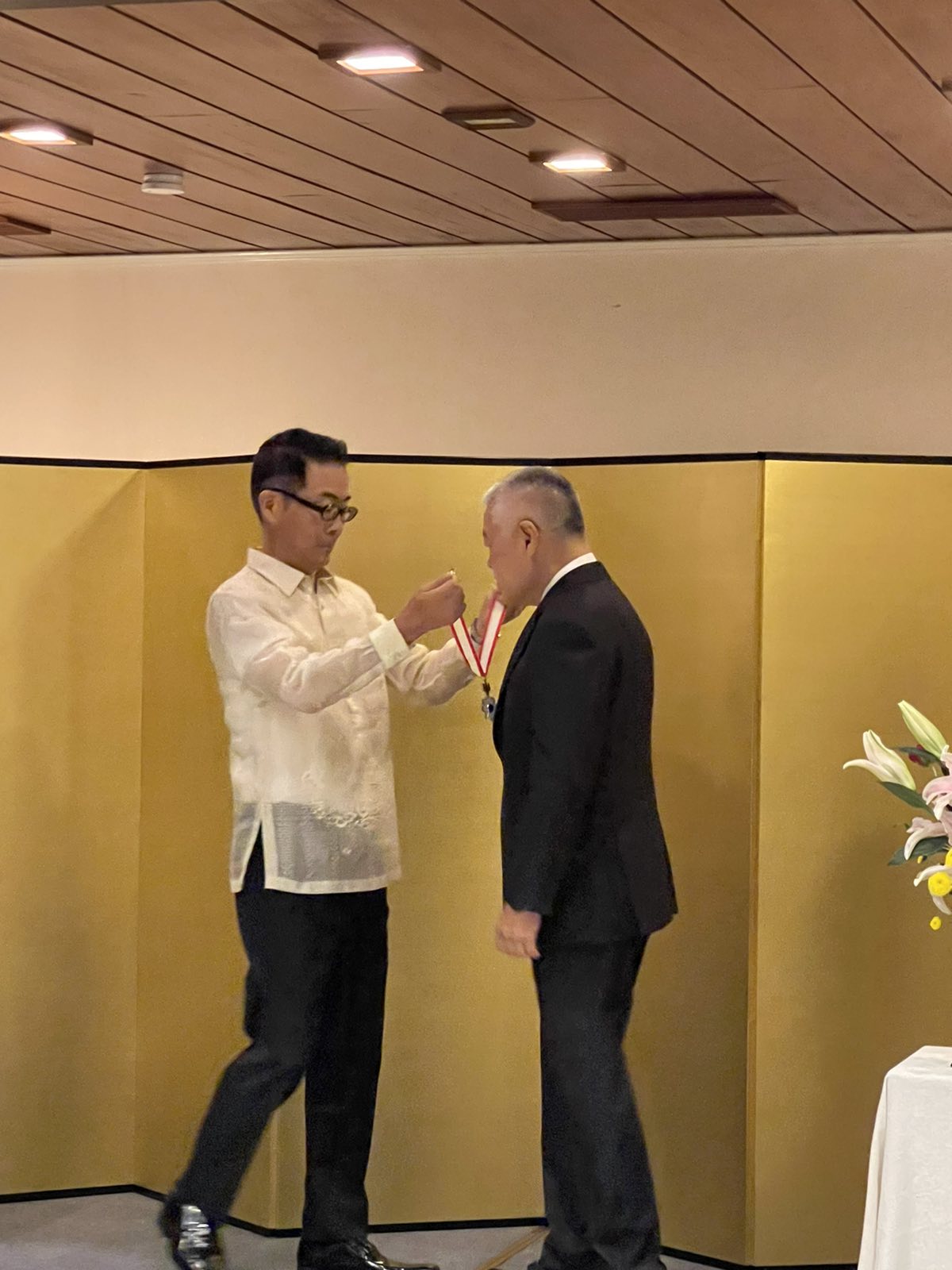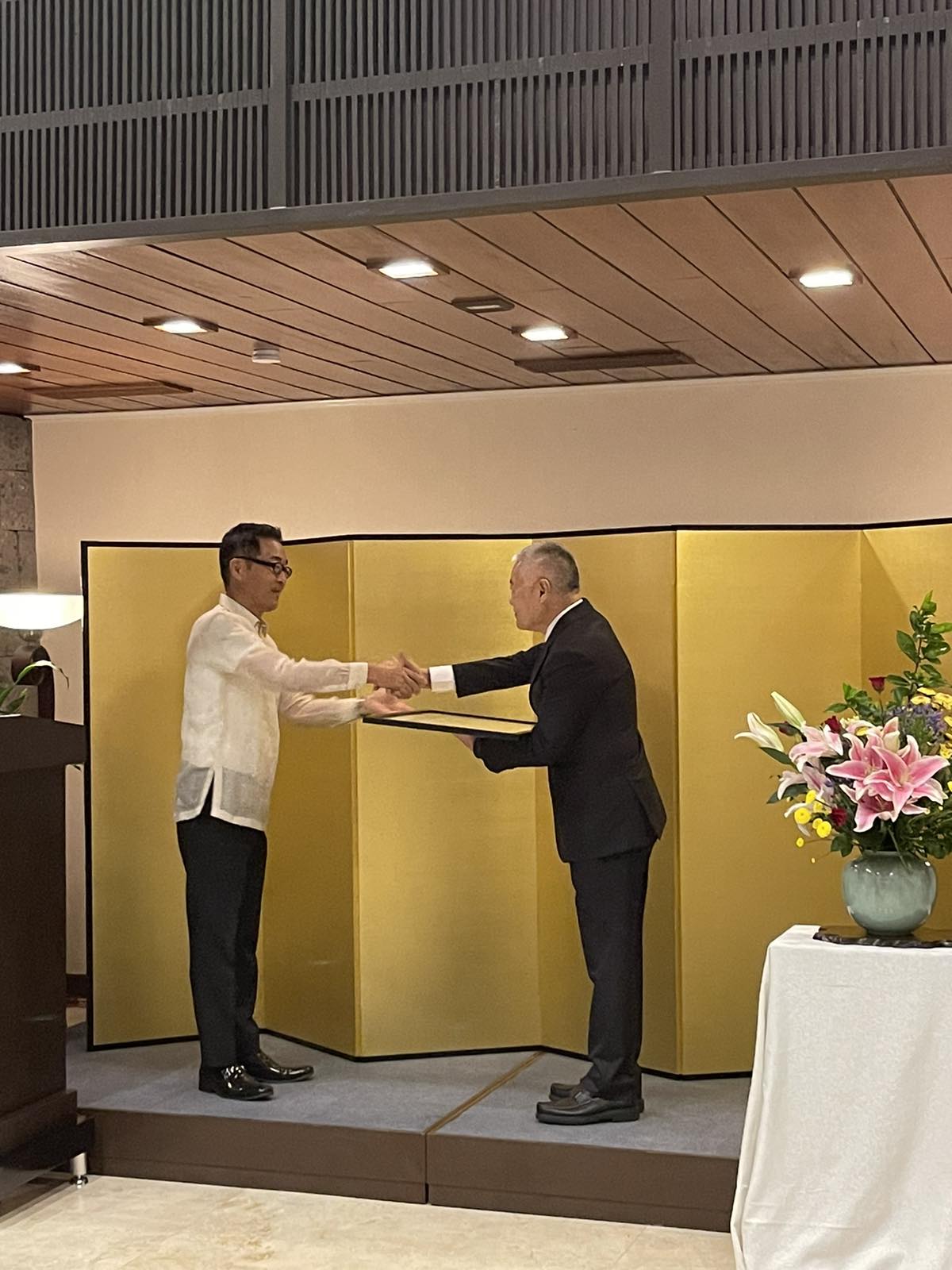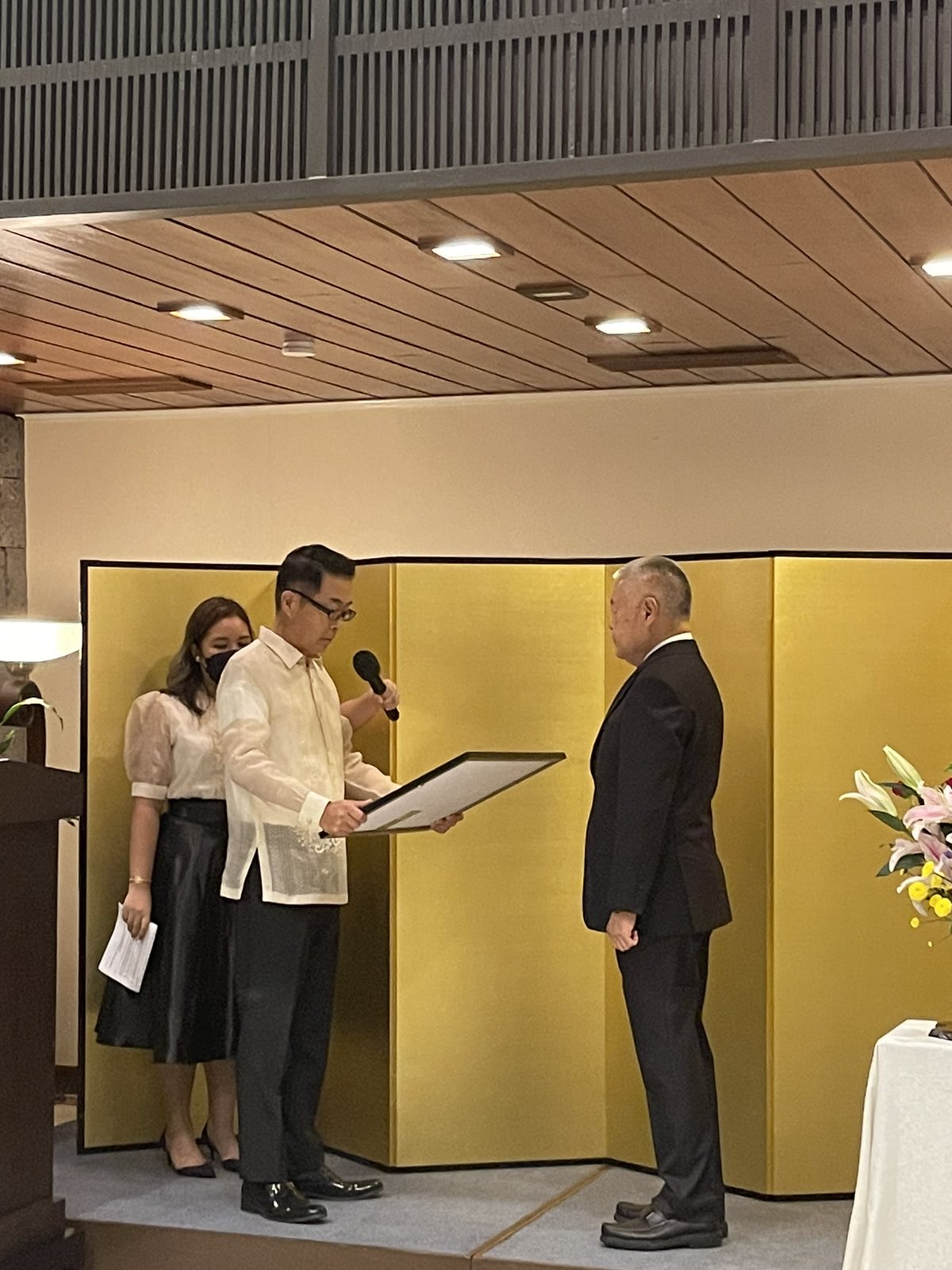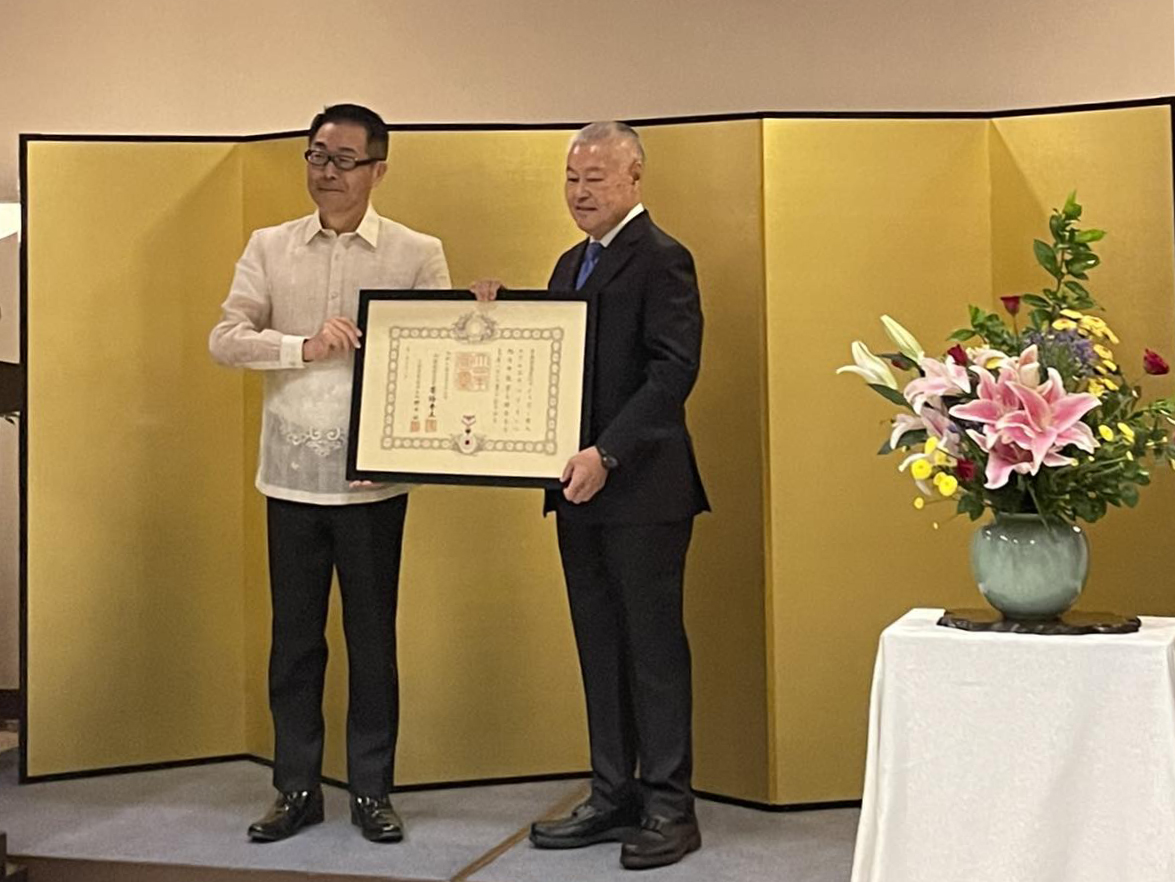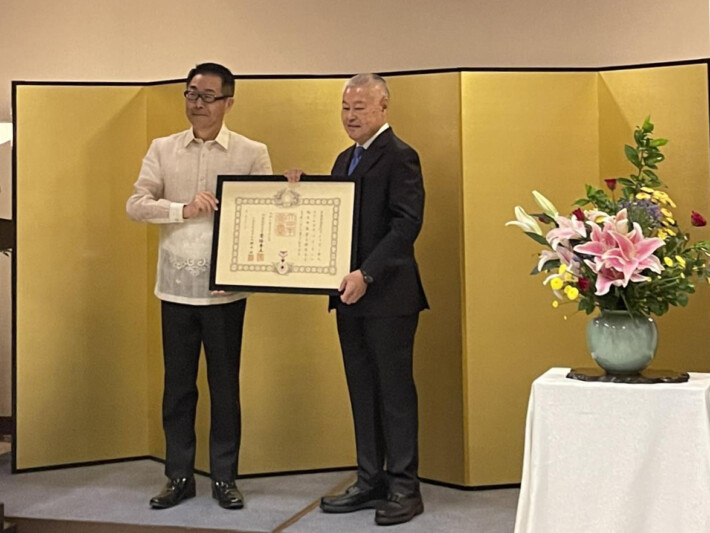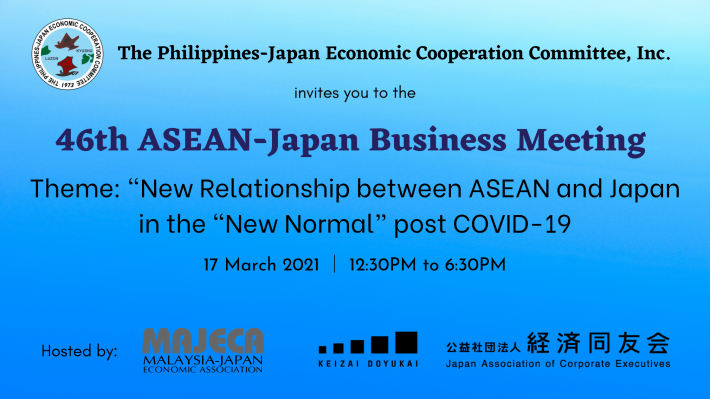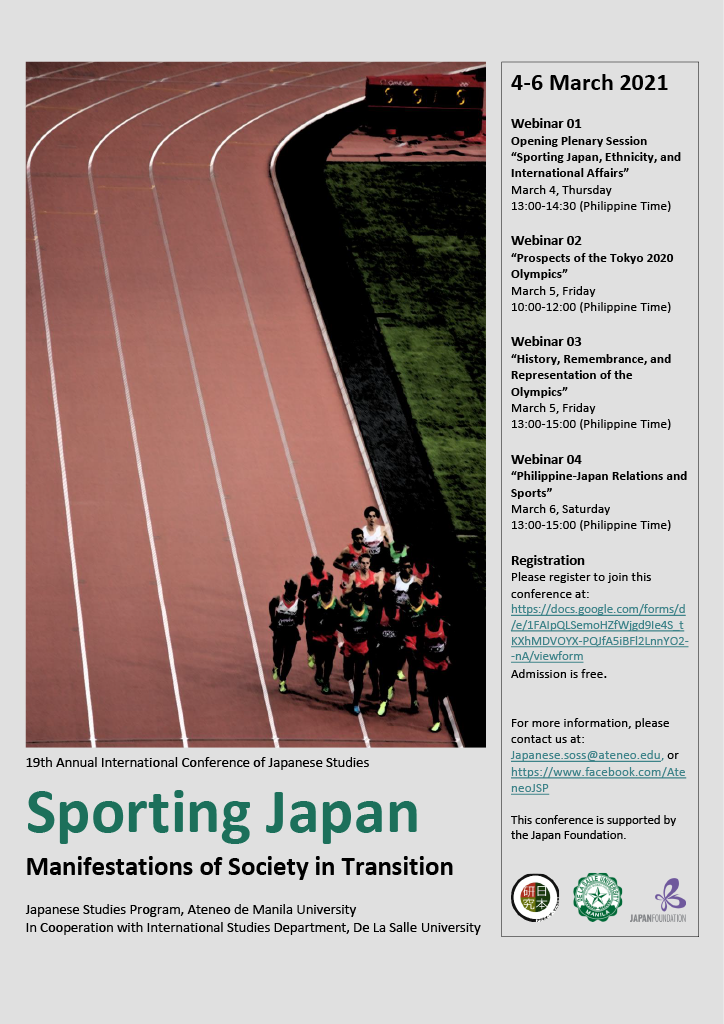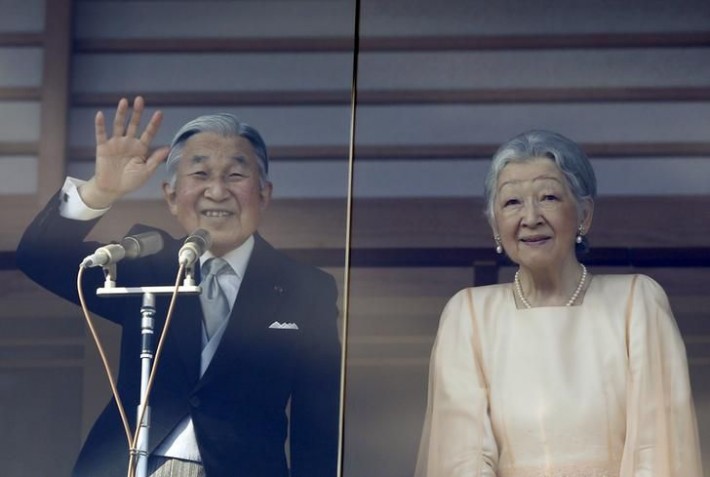By: Gian M. Vibal – PHILCULTAROS
Day 1
After arriving at Soekarno–Hatta International Airport in Jakarta, we were picked up by the hosts from Indonesia together with Malaysian delegate, Law Yean Kok. Despite the long trip from Manila to Kuala Lumpur, to Jakarta, we were pleased by how organized the airport pickup was. Not to mention, the scrumptious boxed meal of Indonesian desserts that we received while waiting for our ride to our hotel.


(Source: instagram seenbygian)
Inside the cab, we had the chance to chat with the driver and Mr. Law Yean Kok about the similarities between Bahasa and Tagalog which kept us busy while braving the traffic. Soon enough, we reached an uphill leading us to the drop-off point of our accommodation—Hotel Sultan.
“Grand.”
That was the first word that came to our minds upon entering the lobby. We were provided keys to our own separate rooms as we registered for the event. The hosts welcomed us warmly with genuine smiles and handshakes.
Warm welcome– check.
Lavish accommodation– check.
Spacious room for one–
Check.
After appreciating our individual rooms and freshening up for the welcoming dinner, the participants and hosts came to the dining hall batch by batch.
At 7 PM, The “Persada” formally opened the event. There were round tables and a decent array of Indonesian cuisine to choose from. Delegates from different South-East Asian countries took this chance to network and talk about our involvements, our respective alumni societies—milestones and plans, even our common interests, ending up with casual pictorials. Sato Jiro Sensei thanked all participants for attending the event. After his speech, the hosts requested each participant to introduce himself in front of everyone and state the alumni society he/she represents. Moreover, we were pleased to have cultural exchanges with other participants which helped us better understand some differences and similarities among South-East Asian countries.
It was a fun dinner coupled with collaborative talks among delegates and this prepared us well for another information-packed day to come.


 Day 2
Day 2
Getting up from a cozy room, we had buffet for breakfast and immediately prepared for the symposium proper. All of us were picked up by a bus to Darma Persada University where the symposium will take place. The ride was convenient.


Upon arriving at 8:45 in the morning, we were welcomed by the student hosts in charge of the registration. There were seat designations and each participant was provided an ID and a kit that includes the compiled presentations of the speakers.


The symposium was divided into three sessions—The Philosophy of Monozukuri, Monozukuri from Industrial Practitioner Point of View and The Future of Monozukuri.
For the first session, Mr. Heru Santoso talked about Monozukuri in Indonesia; while Mr. Daiki Kasugahara discussed it from JETRO’s point of view; Dr. Dadang Solihin talked about Darma Persada’s Monozukuri education while Dr. Ruttikorn Varakulsiripunth tackled Monozukuri education in Thai Nichi Institute.
For the second session, Mr. Takao Yajima, Mr. Eichi Abe, Mr. Hartaman Ariesanto, Mr. Makoto Takahashi, Mr. Petrus Tedja Hapsoro and F.X. Sri Martono talked about the existence of Monozukuri in their respective companies (Flex Japan Group, EPSON, Indonesia Mold & Dies Industry Association, ASTRA)
Lastly, for the third session, Mr. Tatsuhiko Hayashi shared how Industry 4.0 affects the future of the Auto Industry and Mr. Takuya Shimura ended the symposium with his talk on “HRD and Monozukuri”.


Every after portion, we were given coffee breaks and lunch breaks furthering our chances to network and talk with other people. The speakers explained the concept of monozukuri in different ways coming from their own perspectives and experiences. It was a privilege to attend the event with such an interesting topic. We learned a lot about the Japanese concept of about how to create things not focusing on the item but on the person’s skills and on his/her innovative method of making it. Moreover, there is also this concept of hitozukuri which focuses on the person and how he/she undergoes a process that manifests the ingredients of personal maturation needed to improve one’s craftsmanship. Through the talks, we have somehow seen how these principles are reflected in the speakers’ work environments and realized how the application of these concepts perpetuates innovation in manufacturing. The symposium ended at around 5 PM.
PHILCULTAROS (Philippine Cultural and Technical Association of Returned Overseas Scholars), a member association of PHILFEJA represented the Philippines in the ASJA-Persada Symposium on Monozukuri held from 18-20 December 2015 in Jakarta, Indonesia . This article is the full report of Mr. Rayo to PHILFEJA on his participation in the Symposium and is published in this website with his permission.
